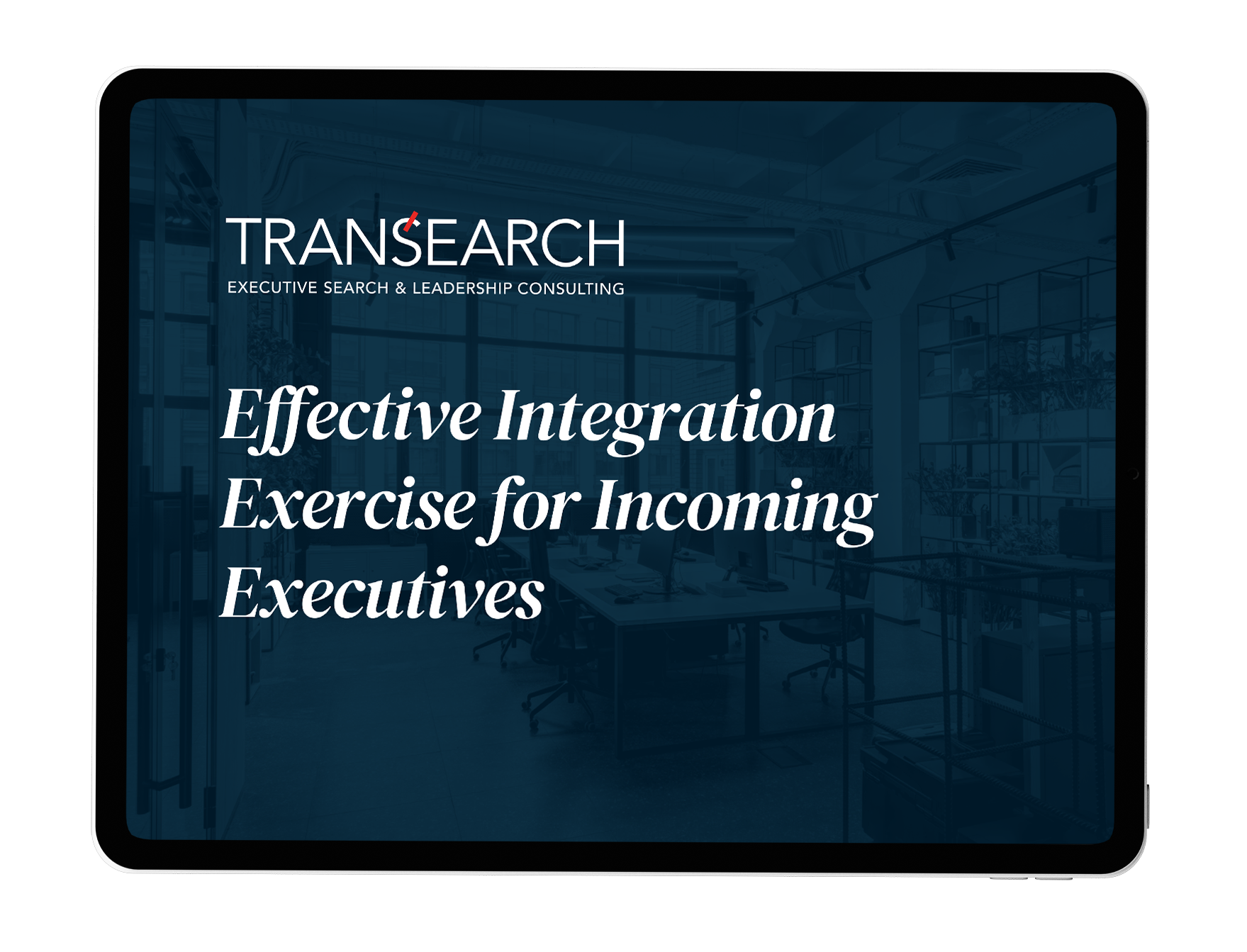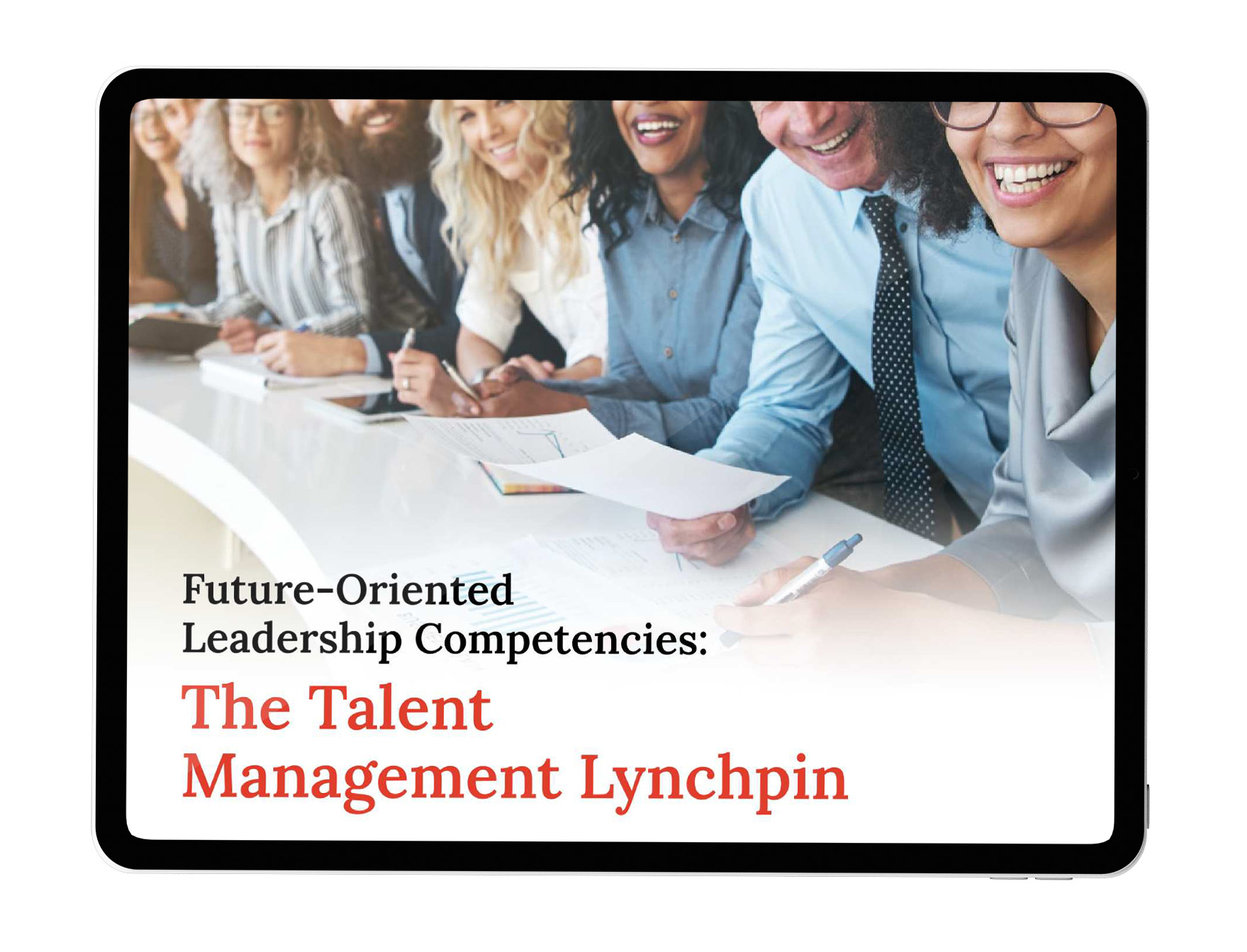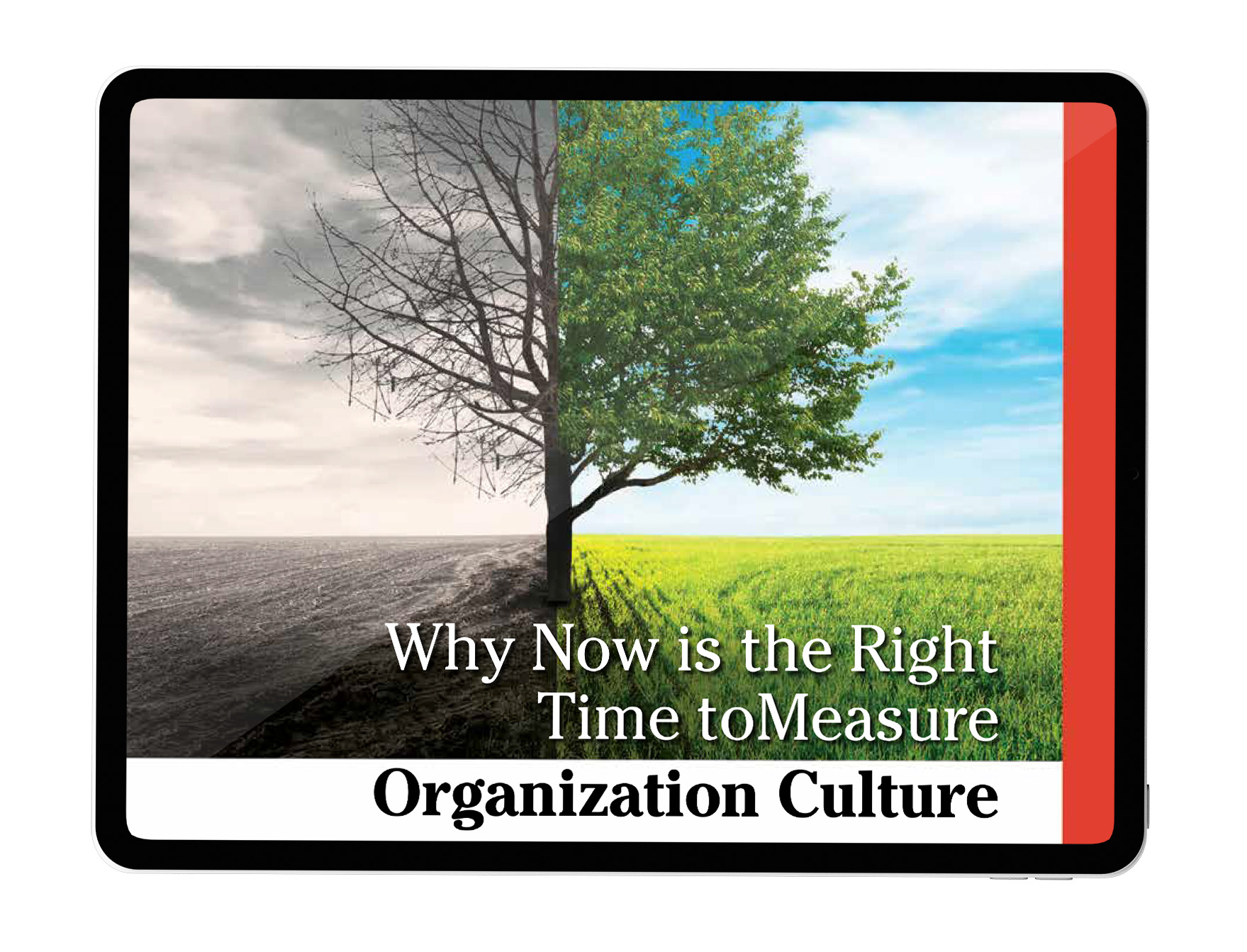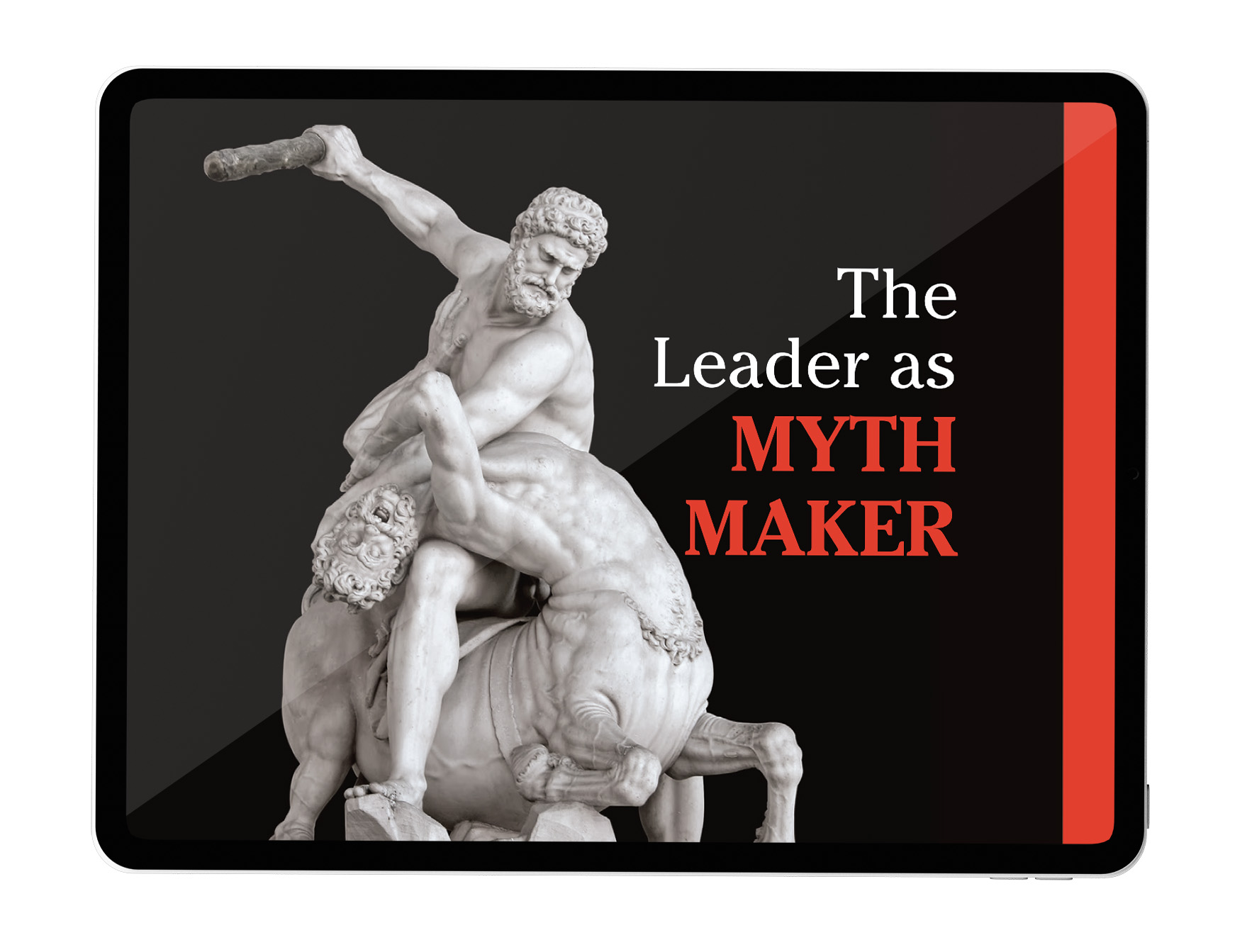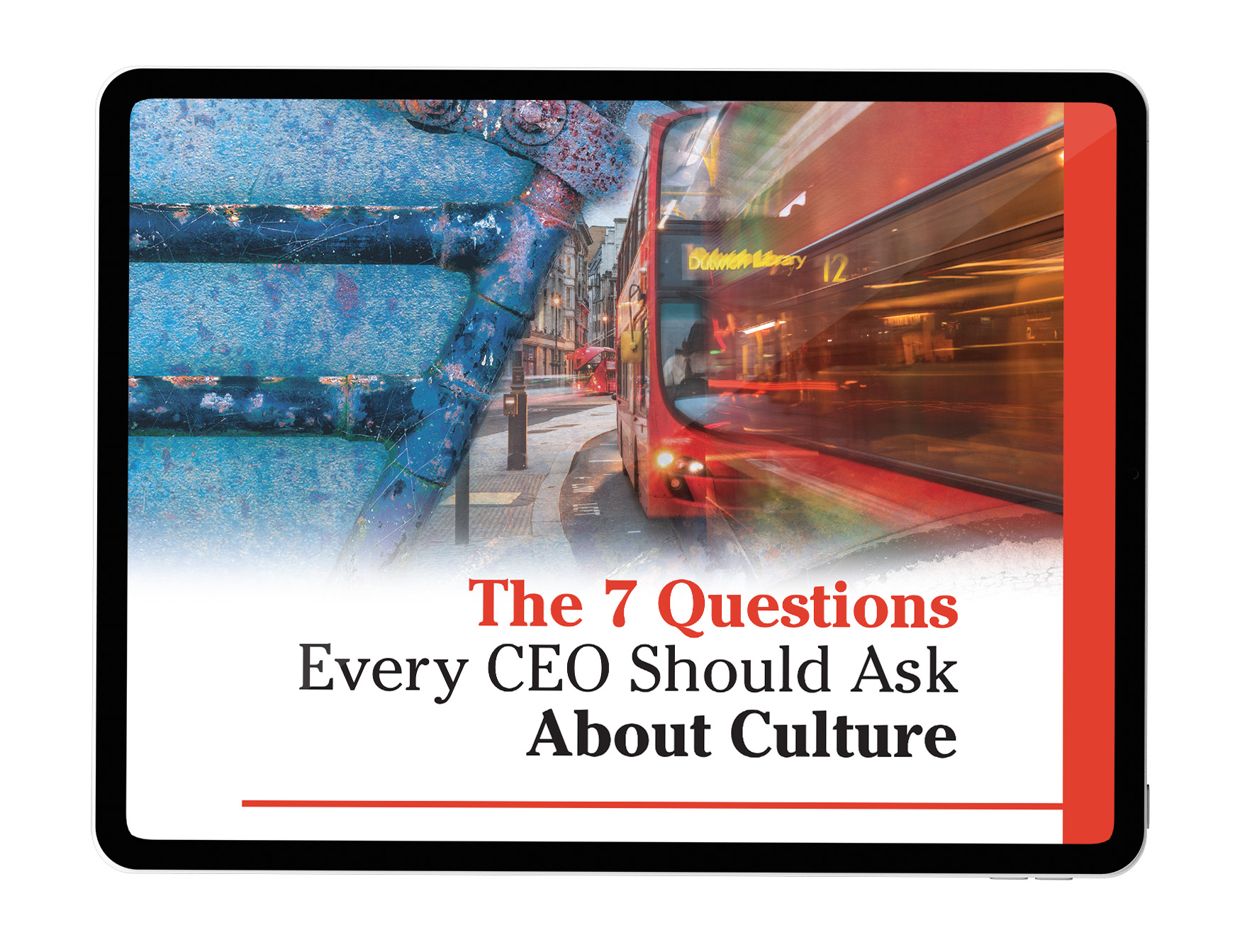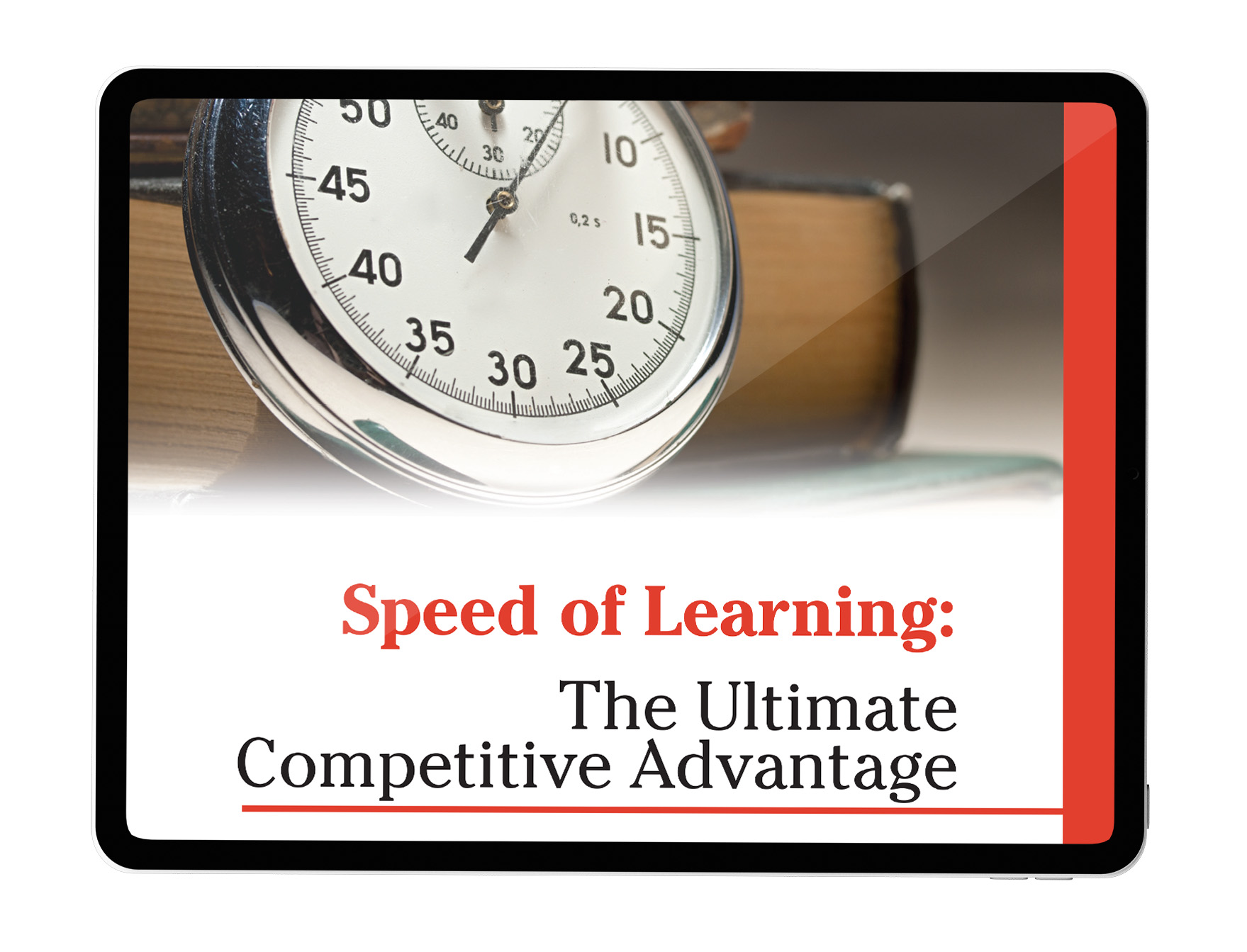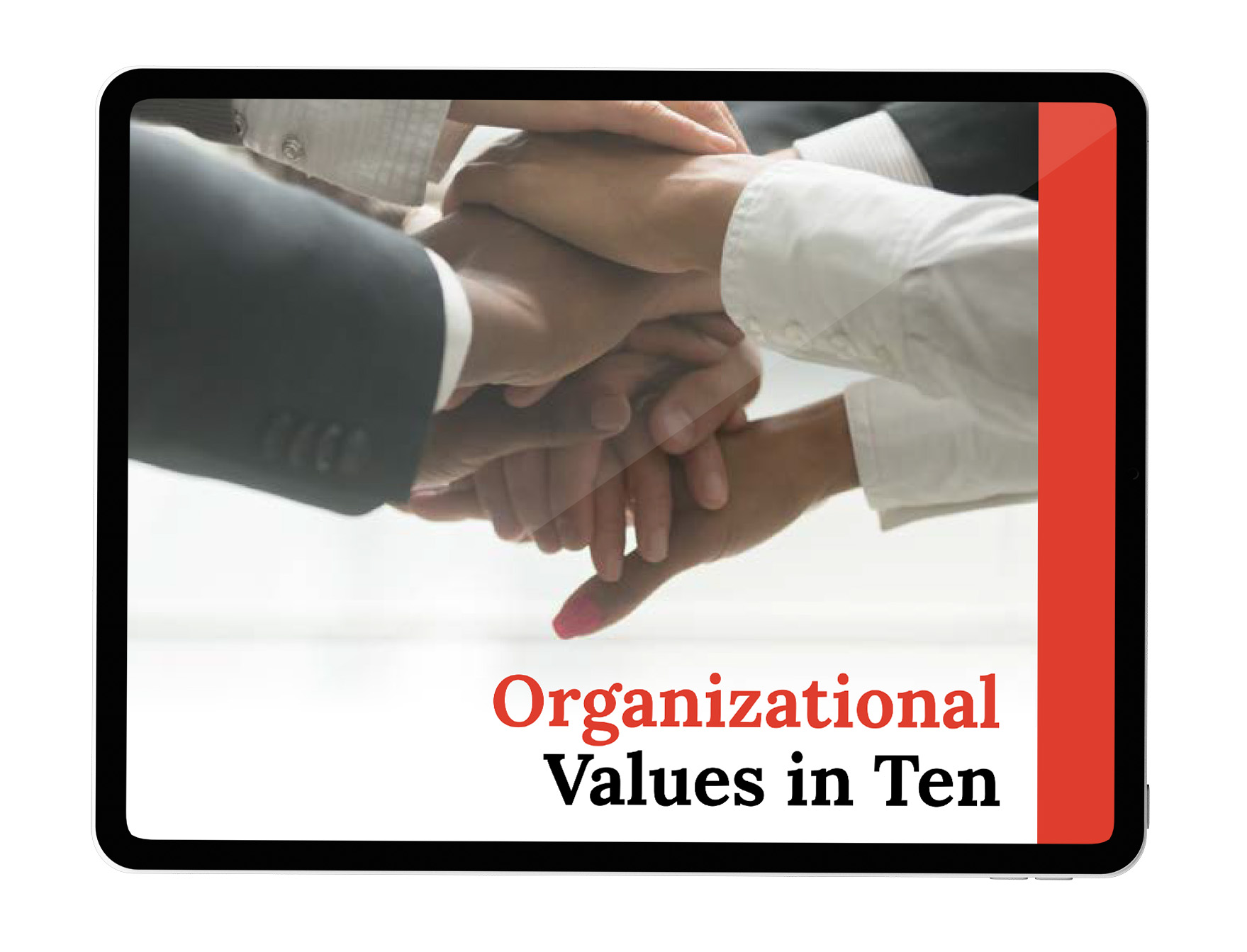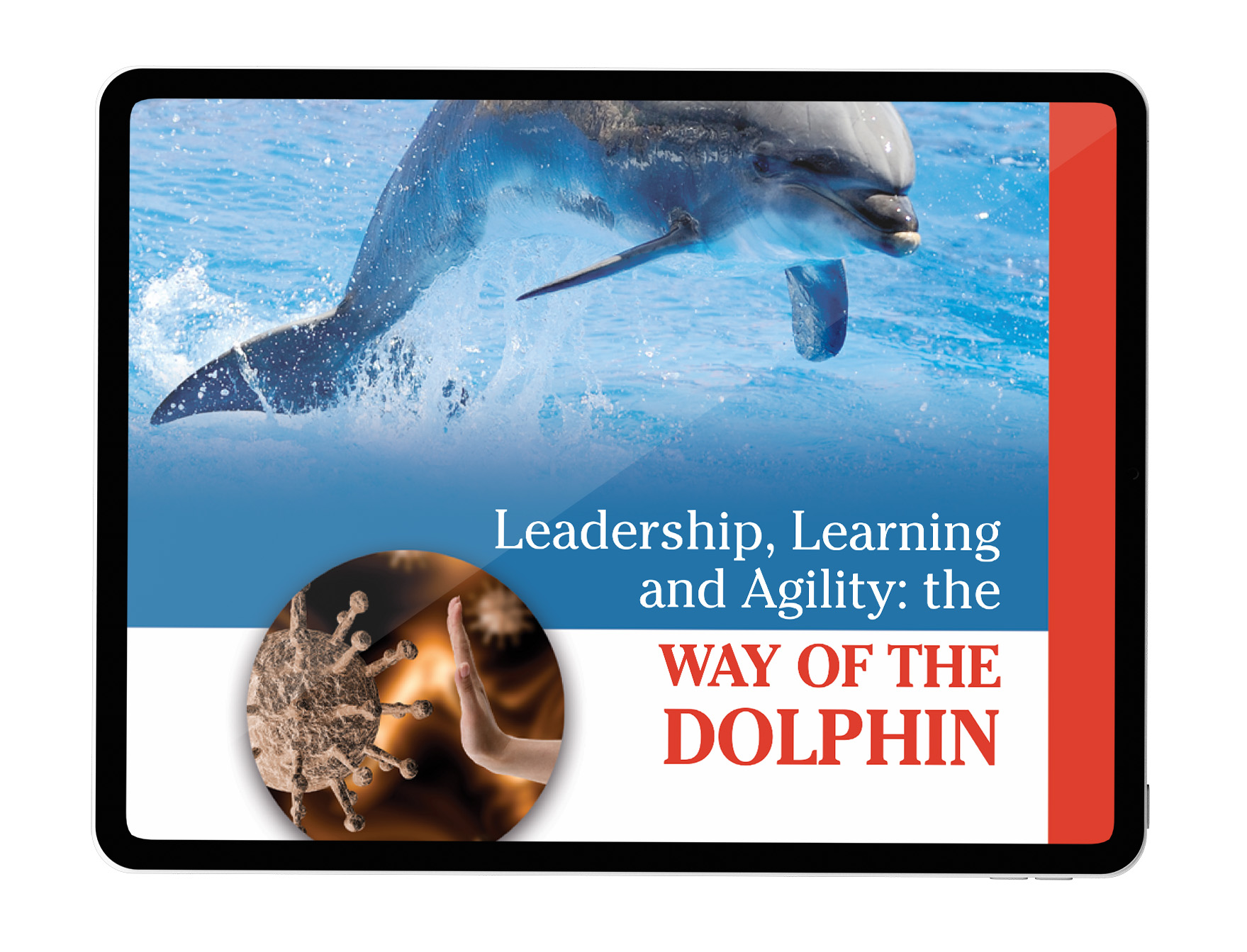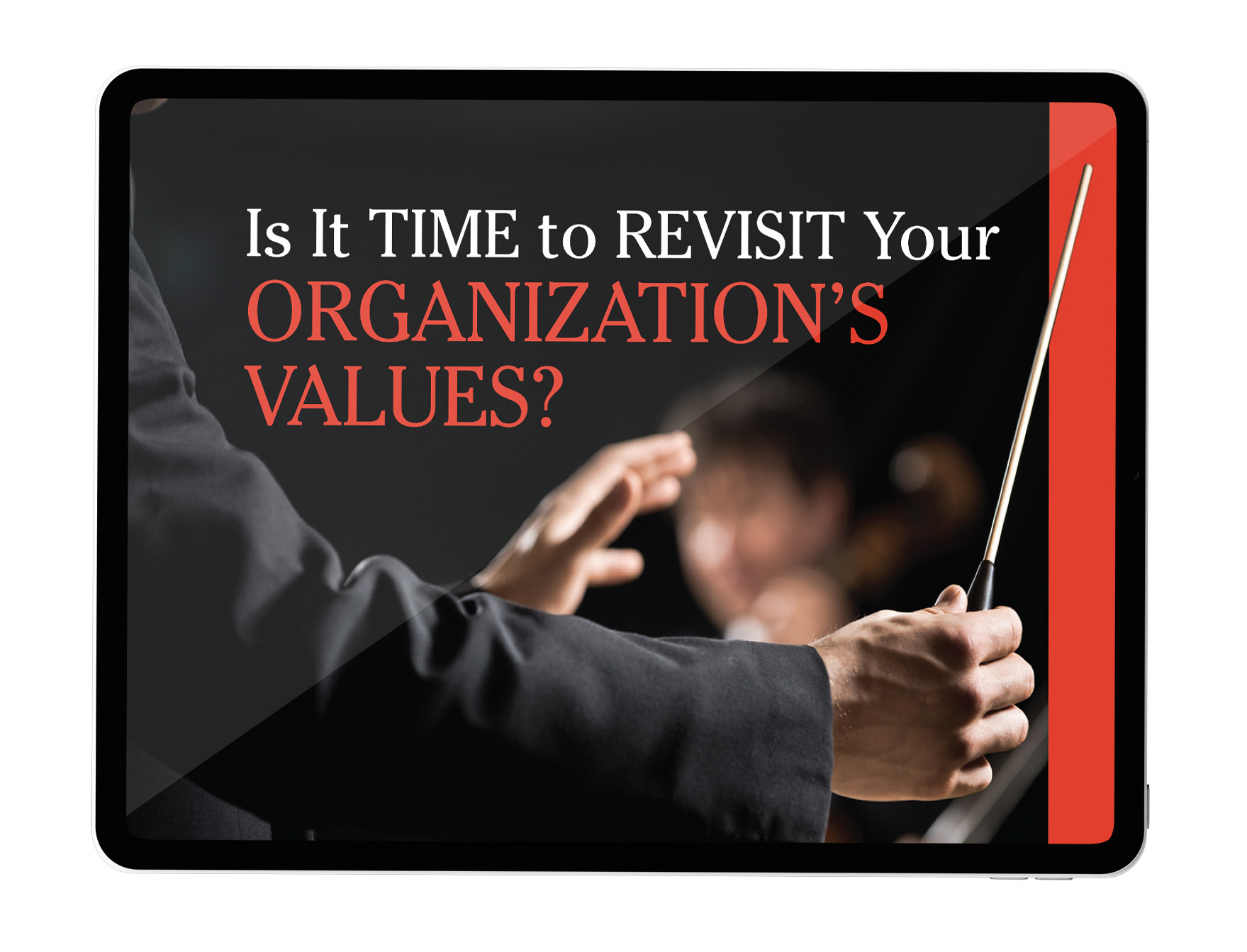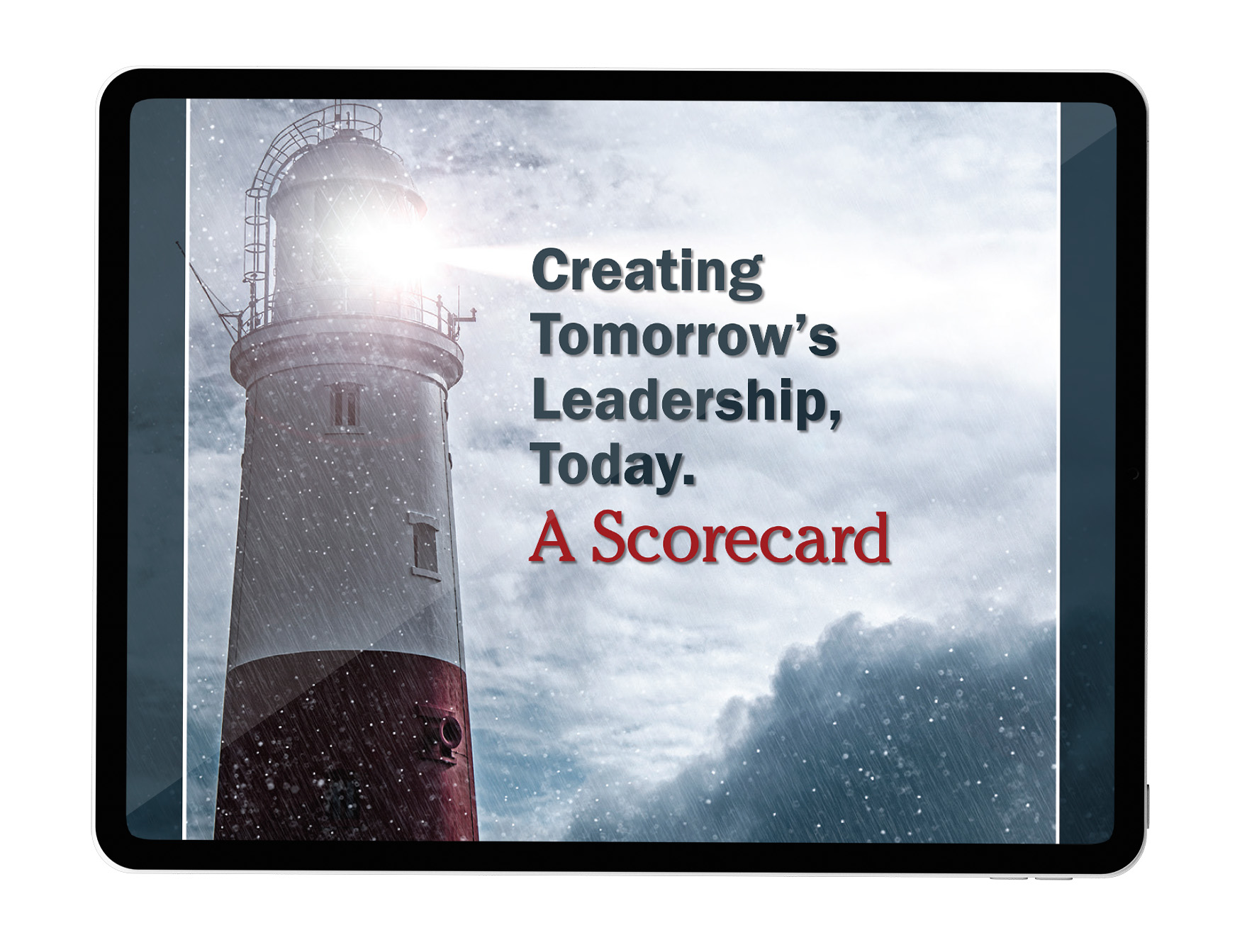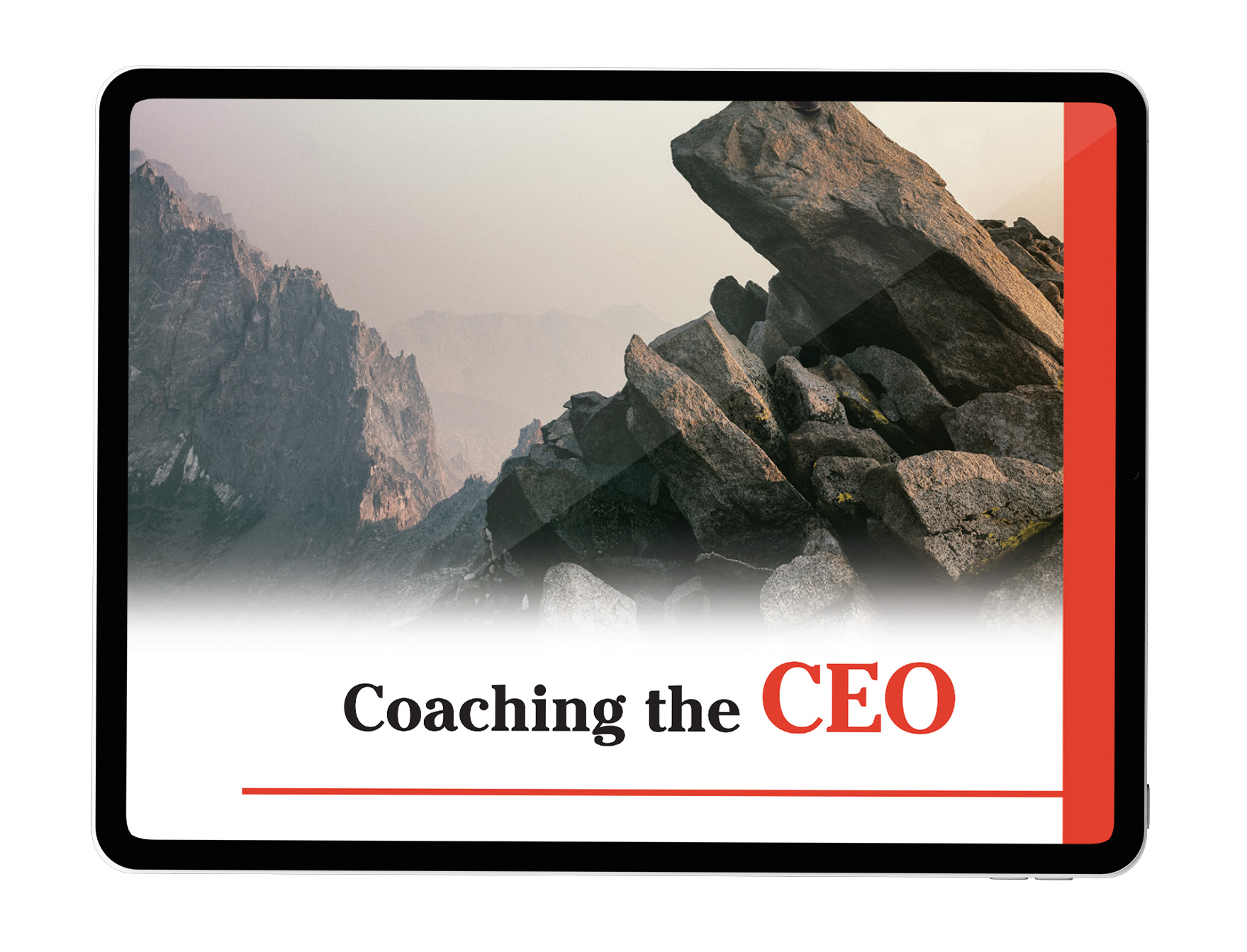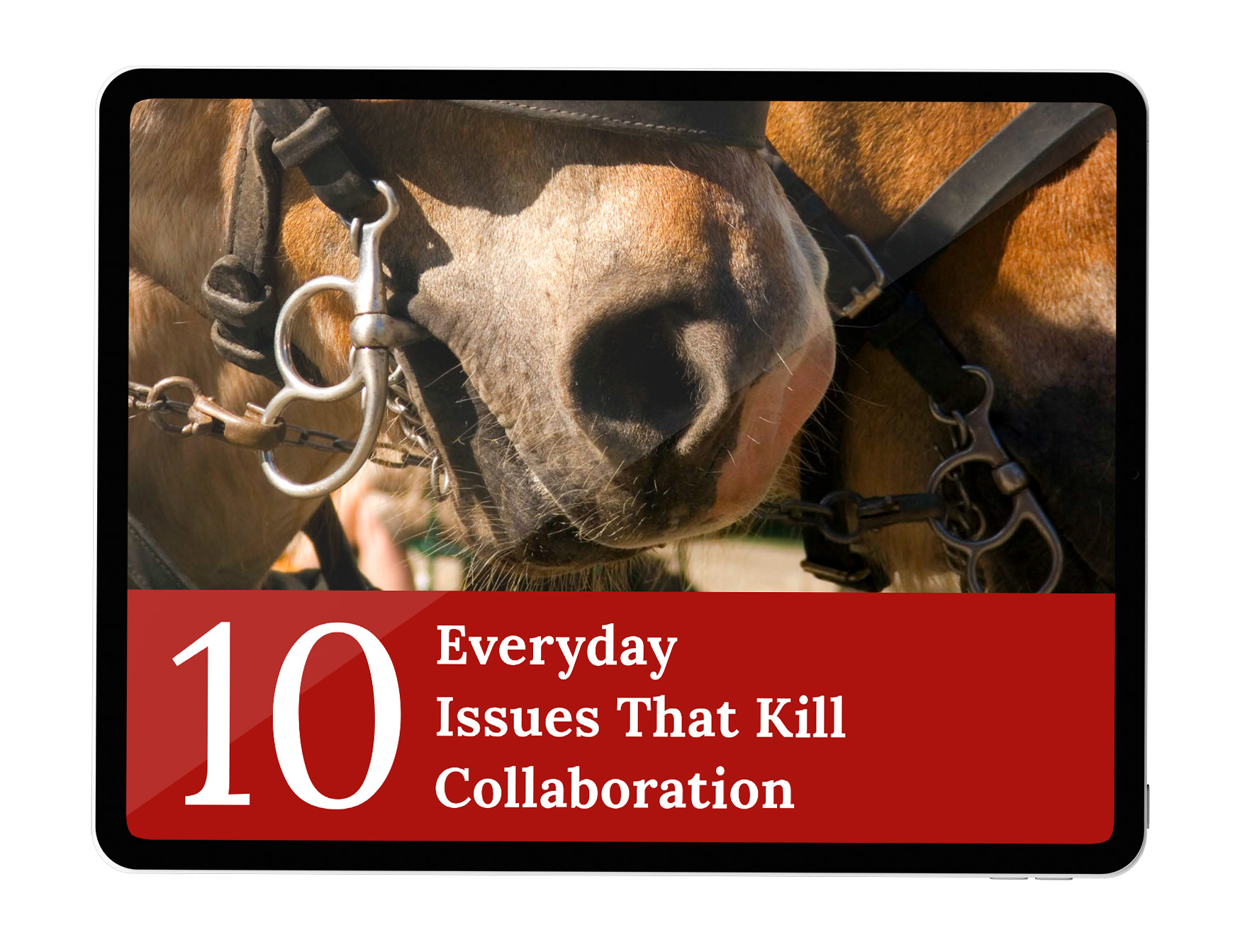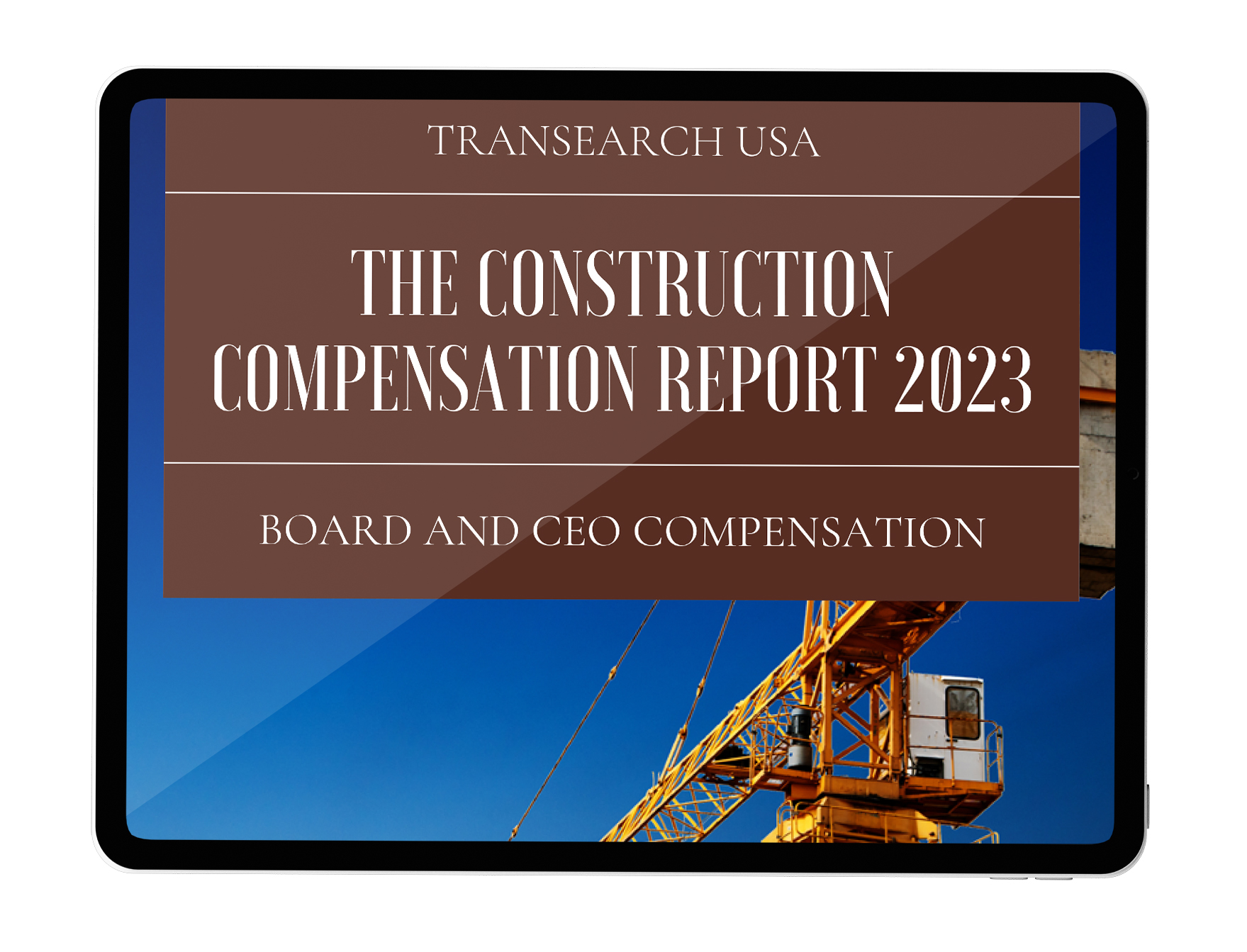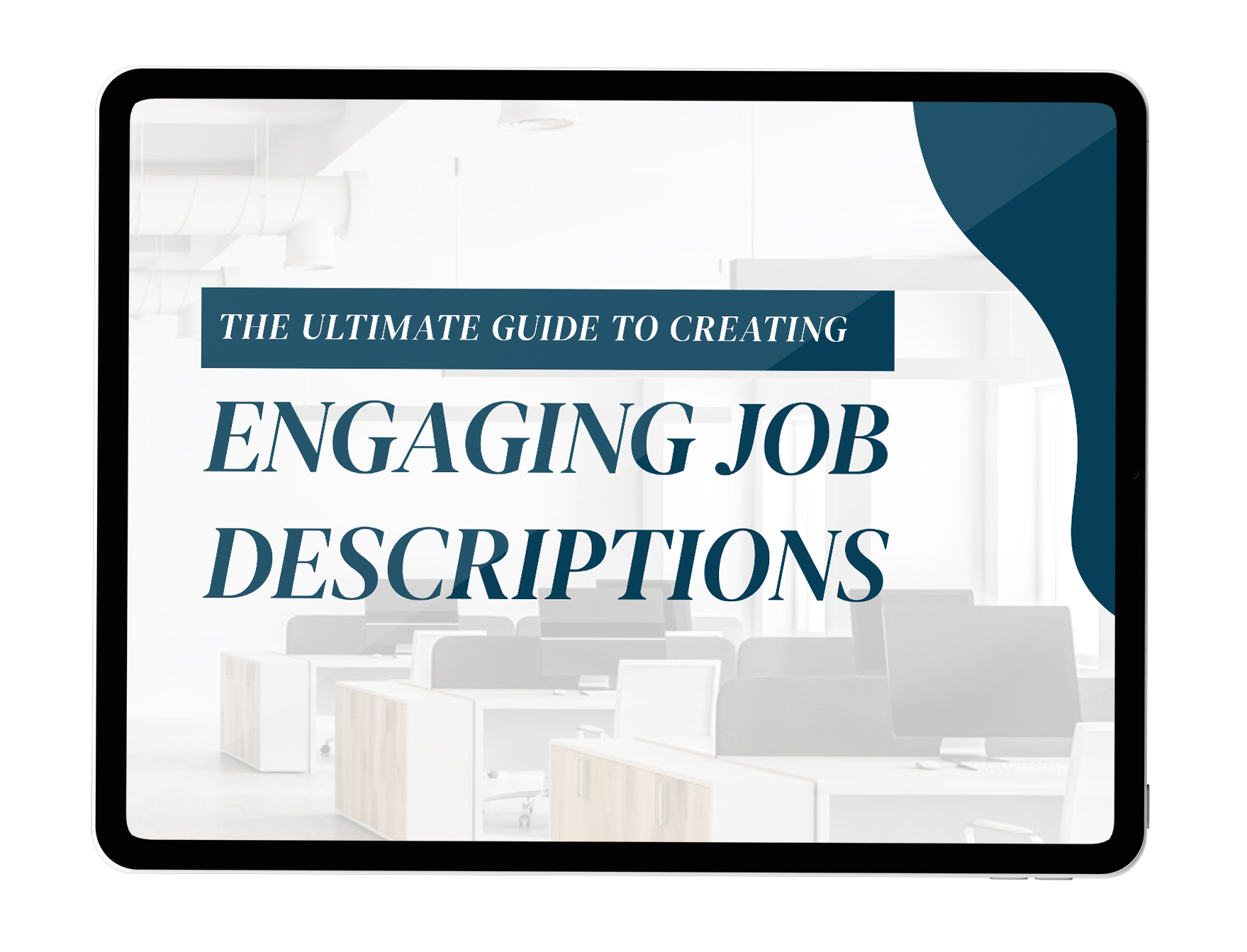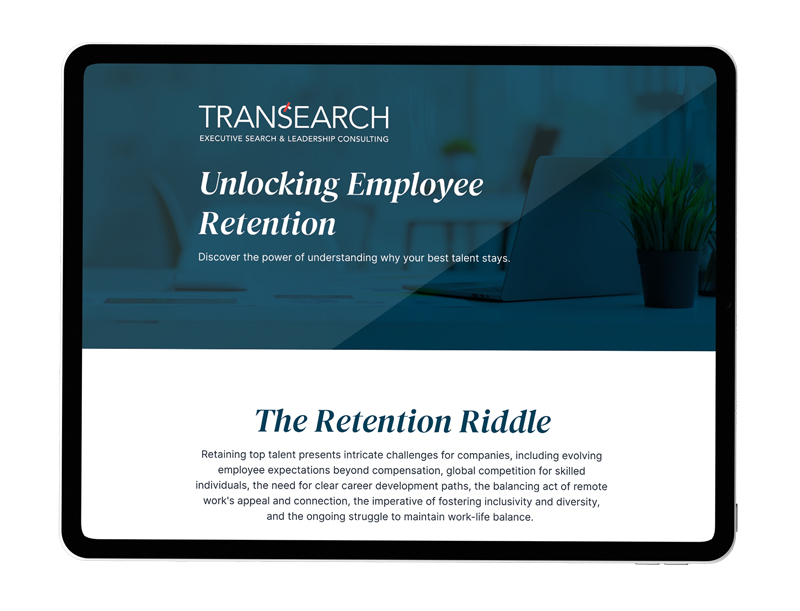Industrial leaders are top-performing companies or individuals within a certain industry, and they can be an outstanding asset to your company as you work together to find innovative solutions and approaches to stay at the top of your game. However, before you start searching for the right industrial leader for your company, you should consider the following key points that will help conduct a successful hiring process.
Assessing Your Company’s Needs
To make a better sense of who is the perfect fit to be an effective industrial leader for your company, the first aspect to consider is your company’s needs. During this stage, you should explore several aspects, such as the company’s current situation, identify its goals, establish your priorities, and determine the issues that may interfere when addressing your needs. Gather internal and external data to assess your needs properly.
Defining Your Ideal Candidate
Now that you have defined what your company needs to achieve its goals, it’s time to consider what this leader should bring to the table to address those needs effectively. Every business has a different type of leader, including founders, managers, or CEOs. If, for instance, your priority is to introduce a new product or service into the market, you may want to look for a leader who can evaluate your company’s operations, financial health, products, or services to develop a successful strategy.
Some key factors to consider at this stage could be skills, education, and relevant career experience to your industry.
Developing a Recruitment Plan
Once you have established the characteristics of your perfect industrial leader, the next step is to develop a method to recruit potential candidates. Creating a well-defined recruitment plan will ensure that you have a targeted approach to attracting candidates with the desired qualifications and experience.
To establish a proactive plan, create a comprehensive job posting based on your organizational needs and the necessary qualifications of the industrial leader for your company, and explore all the available options to recruit candidates.
Interviewing and Onboarding Industrial Leaders
The interview process aims to identify the most accomplished candidates in the industry who possess the expertise and leadership potential to address your company’s needs. Determining the right questions to ask is essential to ensuring that you will properly assess if the candidate’s skills match your needs and expectations. A detailed onboarding process is equally important to pave the way for the new leader’s smooth and successful transition into the company.
Identify the adequate team members to conduct each of the processes above, which may include orienting the industrial leader into your company’s culture, core values, strategic goals, and other aspects to enhance their success and your company’s.
Finding an industrial leader for your company should not be taken lightly. It requires careful assessment of your company’s needs, defining your ideal candidate, developing a comprehensive search strategy, and having well-established interviewing and onboarding processes. Following these steps can increase your chances of finding the ideal industrial leader who will bring innovation, improve efficiency and contribute to the overall success of your company.





















